10 Tips for a Healthy Immune System (part two)
The U.S spends more on “health care” per capita than any other country, and yet, out of eleven economically advanced countries examined, the health-adjusted life expectancy for the U.S. comes in last. Clearly something is not working with our current system and perspective. As I mentioned in Part I, the most promising approach to health, vitality, and particularly immune health is through a holistic approach. We started off looking at dietary tips for supporting healthy immune function. In Part II we will look at what I call immune “suppressors”. These are variables that negatively impact our immune system’s ability to optimally function. The big 3 suppressors are sleep, stress, and our yummy friend, sugar.
Holistic look at Immune System
 Here in Part II we will focus on exploring the importance and impact that sleep has on our immune health. We start with sleep because sleep was found to be the #1 factor for determining if someone got sick. The simple fact is that sleep and immunity are very closely tied together. Not enough or not good enough sleep are both linked to a higher risk of illness, particularly colds and flu. Numerous studies have demonstrated that a loss of sleep can impact a range of different parts of the immune system. One such study found that less than 6 hours of sleep per night increased one’s risk of catching a cold by 4-fold. Basically, poor or insufficient sleep leaves us with less immune cells doing less of their much-needed work.
Here in Part II we will focus on exploring the importance and impact that sleep has on our immune health. We start with sleep because sleep was found to be the #1 factor for determining if someone got sick. The simple fact is that sleep and immunity are very closely tied together. Not enough or not good enough sleep are both linked to a higher risk of illness, particularly colds and flu. Numerous studies have demonstrated that a loss of sleep can impact a range of different parts of the immune system. One such study found that less than 6 hours of sleep per night increased one’s risk of catching a cold by 4-fold. Basically, poor or insufficient sleep leaves us with less immune cells doing less of their much-needed work.
 And it’s not just about prolonged sleep deprivation. Other research has found that just one night of 4 hours of sleep caused an increase in inflammatory cytokines – immune system messengers. Just one night of 4 hours of sleep resulted in a reduction of NK cell activity by 72% compared to full night sleepers. Reduced NK cell activity can put one at a higher risk for serious immune disorders.
And it’s not just about prolonged sleep deprivation. Other research has found that just one night of 4 hours of sleep caused an increase in inflammatory cytokines – immune system messengers. Just one night of 4 hours of sleep resulted in a reduction of NK cell activity by 72% compared to full night sleepers. Reduced NK cell activity can put one at a higher risk for serious immune disorders.
Sleep Tips
There are a few things we can do to improve the time it takes to fall asleep as well as improve the quality of the sleep.
- Turn off the electronics 2 to 3 hours before bed. The blue light is disruptive to your circadian rhythm.
- Sleep in a totally dark room. Even a little light can disrupt your immune system. How impactful can this night light be? It is associated with an increased risk for breast cancer in women.
- Save the bedroom for sleep and intimacy. Keep the serious discussions for elsewhere. The last thing we want is to have our mind and body associating the bedroom with arguments and troublesome thoughts and emotions.
- Keep to a regular schedule. Since you really can’t “make up” for lost sleep, just keep to a regular bedtime and waking time schedule… all week, don’t change it around on weekends by sleeping in.
- Keep the bedroom on the cooler side, it makes for a better quality of sleep and decreases the likelihood of waking up in the middle of the night.
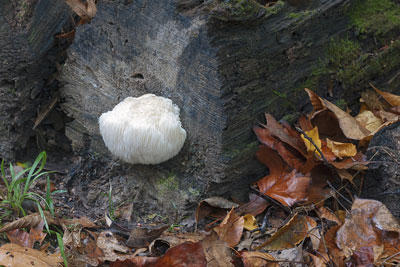
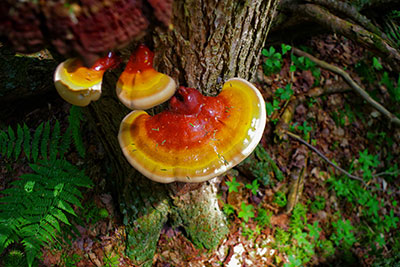
There are a number of natural sleep and relaxation allies. I imagine it will come as no surprise being this is a mushroom oriented blog, but there are two mushrooms to consider that can help with sleep. The first is Reishi, the whole-body tonic that can help you relax, relieve and protect against stress, assist the body’s detoxification processes, all the while supporting a balanced immune response. Why not start off with a relaxing tonic that brings with it increased overall health and vitality like Reishi. Note that Reishi is not a sedative but brings balance to the body over the long run so give it some time to share its magic.* 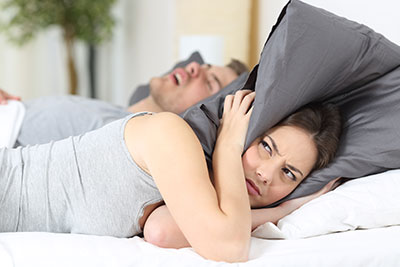 The next mushroom may surprise you, it’s Lion’s Mane. Yep, the mushroom that is all the rage lately for brain support has some promising backing for supporting a healthy sleep. It has been suggested by researchers that why Lion’s Mane works for improving sleep by energizing us throughout the day, allowing us to get more done and have fuller days. The result of this activity ends up with our bodies tired and ready to rest after a full day. This is in tune with traditional Chinese Medicine’s calling it a Chi or Qi tonic. Lion’s Mane has the added benefit of possibly helping with snoring too, a blessing for the snorer as well as anyone within earshot.*
The next mushroom may surprise you, it’s Lion’s Mane. Yep, the mushroom that is all the rage lately for brain support has some promising backing for supporting a healthy sleep. It has been suggested by researchers that why Lion’s Mane works for improving sleep by energizing us throughout the day, allowing us to get more done and have fuller days. The result of this activity ends up with our bodies tired and ready to rest after a full day. This is in tune with traditional Chinese Medicine’s calling it a Chi or Qi tonic. Lion’s Mane has the added benefit of possibly helping with snoring too, a blessing for the snorer as well as anyone within earshot.*
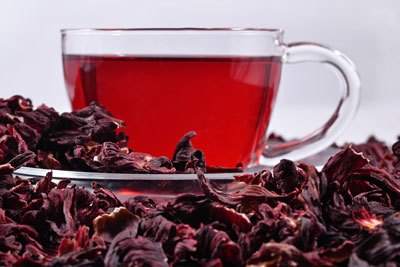 A traditional remedy is to try some chamomile tea, sipped quietly and slowly as you wind down at the end of the day. If you want to go the sedative path then a fresh Valerian extract should be your first natural choice. There’s good reason why Valerian is sometimes called “nature’s valium”. If anxiety is an issue then you might want to try GABA and Reishi or Lion’s Mane. If you are the type who gets into bed, no matter how tired you are, and your brain says “hey, let’s get busy” then you might want to try teas made with Jatamamsi, a traditional Ayurvedic remedy, or Hibiscus flowers, likely much easier to find. And of course there are both Lion’s Mane and/or Reishi that may help all for both.*
A traditional remedy is to try some chamomile tea, sipped quietly and slowly as you wind down at the end of the day. If you want to go the sedative path then a fresh Valerian extract should be your first natural choice. There’s good reason why Valerian is sometimes called “nature’s valium”. If anxiety is an issue then you might want to try GABA and Reishi or Lion’s Mane. If you are the type who gets into bed, no matter how tired you are, and your brain says “hey, let’s get busy” then you might want to try teas made with Jatamamsi, a traditional Ayurvedic remedy, or Hibiscus flowers, likely much easier to find. And of course there are both Lion’s Mane and/or Reishi that may help all for both.*
Now That You’re Sleeping Better
We gave sleep all our attention in Part II of this series on supporting a healthy immune system. The fact that it was found to be the #1 factor for determining who became ill is clear evidence of its import and impact. Now that you are sleeping better, I hope, the next part of our exploration will look at the other two big immune system “suppressors”, namely stress and sugar as well as some choices and remedies we can try to minimize their negative immune impact. Of course the best choice is to avoid them both but that’s not as easy as I think we wish it would be. So here’s to your better night sleep and we’ll see you for Part III of our tips for healthy immune function.
A Look Ahead
Here’s a little preview of what Part IV, the final segment in this series, we will look at specific remedies that support a holistic approach to immune support as well as some that have significant and dramatic impacts on our immune cells and function.
